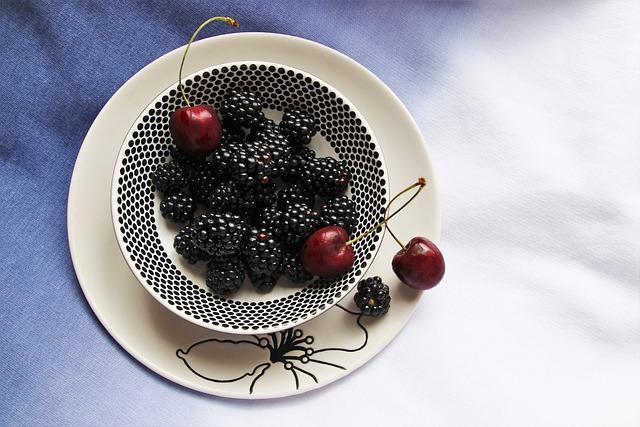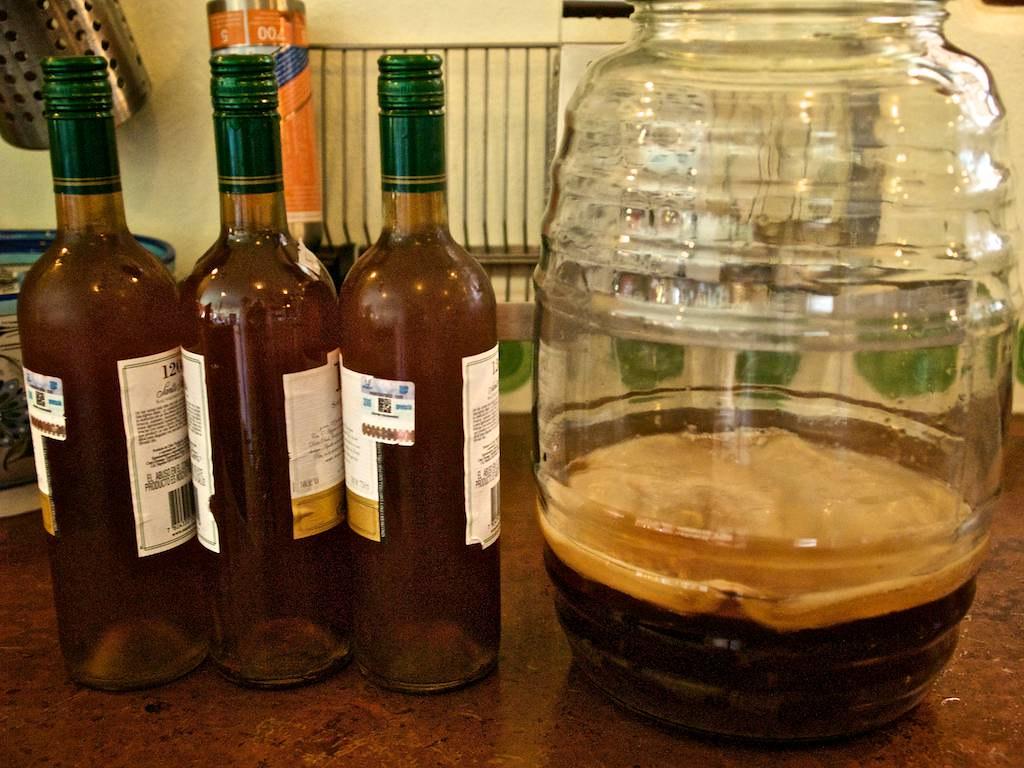Delving into the world of kombucha unveils a myriad of flavors, benefits, and of course, the burning question on many minds – how many calories does this bubbly elixir pack? Let’s embark on a journey to uncover the calorie mysteries of kombucha, shedding light on its nutritional profile and how it might fit into your daily wellbeing regimen. Join us as we sip our way through the enchanting world of kombucha calories.
Table of Contents
- Understanding the Caloric Content of Kombucha
- Tips for Managing Kombucha Calories in Your Diet
- Exploring Low-Calorie Kombucha Options
- Strategies for Incorporating Kombucha into a Balanced Diet
- Q&A
- Future Outlook


Understanding the Caloric Content of Kombucha
Kombucha enthusiasts often wonder about the caloric impact of this trendy fermented tea. can help individuals make informed decisions about incorporating it into their daily diet.One key point to note is that the caloric content of kombucha can vary depending on factors such as the brand, flavorings, and added sugars. Generally, a typical 8-ounce serving of plain kombucha contains around 30 calories, making it a relatively low-calorie beverage choice. For those watching their calorie intake, opting for plain or unsweetened varieties can be a smart choice. Additionally, fruit-flavored kombuchas may contain slightly more calories due to natural sugars from the added fruits. Remember to check the nutrition label on bottled kombucha for specific caloric information.
In conclusion, being mindful of the caloric content of kombucha can support overall health and wellness goals. By choosing wisely and understanding the nuances of different kombucha options, individuals can enjoy this probiotic-rich beverage as part of a balanced diet.
Tips for Managing Kombucha Calories in Your Diet
When incorporating kombucha into your diet, it’s essential to be mindful of the calories it brings. To manage your calorie intake effectively, consider these practical tips:- Opt for homemade kombucha or brands with lower sugar content to reduce overall calorie intake.
- Experiment with adding fresh fruits or herbs to enhance flavor without relying on high-calorie sweeteners.
- **Mix kombucha with sparkling water to create a refreshing low-calorie alternative to sugary beverages.**
To stay on track with your health goals, keep an eye on portion sizes and be aware of any additional ingredients that may contribute to the overall calorie count. By making mindful choices and being aware of how kombucha fits into your daily calorie intake, you can enjoy this probiotic-rich drink as part of a balanced diet without compromising your nutritional goals.
| Tip | Calorie-saving Strategy |
| 1 | Flavor kombucha with citrus slices instead of sweet syrups. |
| 2 | Limit consumption to one serving per day to manage calorie intake effectively. |


Exploring Low-Calorie Kombucha Options
When it comes to kombucha, finding low-calorie options can be a game-changer for those watching their caloric intake. Whether you’re looking to enjoy a guilt-free beverage or simply prefer lighter options, exploring the world of low-calorie kombucha can be both satisfying and refreshing.
With a variety of flavors and brands available, you can indulge in the goodness of kombucha without compromising on your dietary goals. From fruity blends to herbal infusions, low-calorie kombucha opens up a realm of delicious possibilities that cater to your taste buds and wellness needs. So, sip on these lighter alternatives and embrace the goodness of kombucha in a calorie-conscious way.


Strategies for Incorporating Kombucha into a Balanced Diet
Looking to add a healthy twist to your daily routine? Incorporating kombucha into your diet can be a delicious and nutritious choice. This fermented tea is not only a refreshing beverage but also offers potential health benefits due to its probiotic content. By including kombucha in your balanced diet, you can boost your gut health and add a flavorful element to your meals.
| Kombucha Flavor | Calories (per 8 oz serving) |
|---|---|
| Original | 30 |
| Ginger | 35 |
| Berry | 40 |
When choosing kombucha, opt for varieties with lower sugar content to keep your calorie intake in check. Experiment with different flavors to find your favorite, whether you prefer classics like original or more exotic blends like hibiscus. Incorporating kombucha into your day can be as simple as enjoying a glass with your meals or using it as a base for smoothies. Get creative in the kitchen and explore the versatility of kombucha to enhance your overall diet.
Q&A
**Q&A: Everything You Need to Know About Kombucha Calories***Q: Are all kombuchas low in calories?*
A: While most kombucha brands are low in calories, it’s essential to check the nutrition labels as some varieties might contain added sugars or fruits that can bump up the calorie count.
*Q: How many calories does a typical serving of kombucha contain?*
A: On average, an 8-ounce serving of kombucha usually ranges from 30 to 60 calories, making it a light and refreshing beverage choice.
*Q: Can kombucha help in weight management due to its low-calorie content?*
A: Kombucha’s low-calorie content can be a positive addition to a balanced diet for those looking to manage their weight, but it’s important to focus on overall dietary habits and exercise for effective weight management.
*Q: Are there any high-calorie kombucha options available in the market?*
A: Some kombucha brands offer higher calorie options that may contain more significant amounts of sugar or fruit juice to enhance flavor, so it’s advisable to read the labels carefully if you’re monitoring your calorie intake.
*Q: How does the fermentation process in kombucha affect its calorie content?*
A: The fermentation process in kombucha plays a role in reducing its sugar content, which in turn impacts the calorie count. This natural fermentation process helps create a tangy, slightly effervescent drink with relatively low calories.
*Q: Can kombucha be a good alternative to sugary beverages for calorie-conscious individuals?*
A: Yes, kombucha can be a beneficial substitute for high-calorie, sugary drinks due to its lower calorie content and potential health benefits, such as probiotics and antioxidants.
Remember, moderation is key when consuming kombucha, even if it’s low in calories, to ensure a well-rounded and healthy diet.
